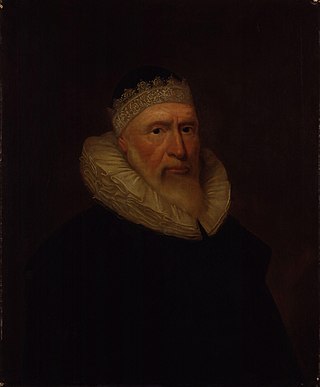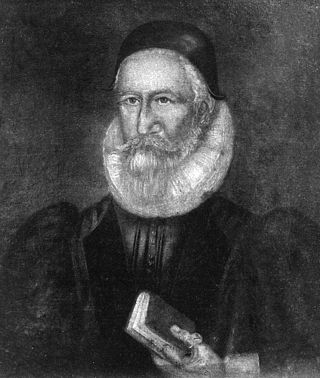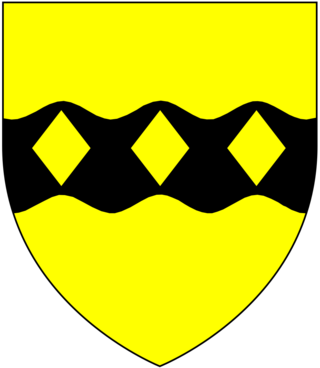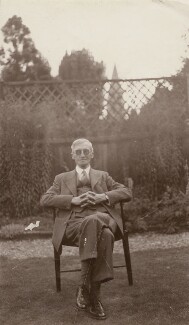Related Research Articles
Sir Thomas Shirley was an English soldier, adventurer and politician who sat in the House of Commons at various times between 1584 and 1622. His financial difficulties drove him into privateering which culminated in his capture by the Turks and later imprisonment in the Tower of London.

Sir Julius Caesar was an English lawyer, judge and politician who sat in the House of Commons at various times between 1589 and 1622. He was also known as Julius Adelmare.

Sir Ralph Winwood was an English diplomat and statesman to the Jacobean court.

Sir Nicholas Hyde was Lord Chief Justice of England.
John Spenser (1559–1614) was an English academic, president of Corpus Christi College, Oxford.

Sir Isaac Penington was an English politician who sat in the House of Commons from 1640 to 1653. He was Lord Mayor of London in 1642 and a prominent member of Oliver Cromwell's government.
Sir William Cornwallis was an early English essayist and served as a courtier and member of Parliament. His essays, influenced by the style of Montaigne, rather than that of Francis Bacon, became a model for later English essayists. He has sometimes been confused with his uncle of the same name.

James Law was Archbishop of Glasgow. Entering the church after graduation from university, he rose to the position of Bishop of Orkney, reorganising the diocese, before rising to hold the position of Archbishop of Glasgow.

Sir Job Charlton, 1st Baronet KS was an English judge and politician who sat in the House of Commons between 1659 and 1679. He was Speaker of the House of Commons of England briefly in 1673.

Sir Walter Cope of Cope Castle in the parish of Kensington, Middlesex, England, was Master of the Court of Wards, Chamberlain of the Exchequer, public Registrar-General of Commerce and a Member of Parliament for Westminster.
Matthew Nicholas (1594–1661) was an English Dean of St. Paul's Cathedral, London.

Arthur Duck, Doctor of Civil Law (LL.D.) was an English lawyer, author and Member of Parliament.

Sir Anthony Cope, 1st Baronet of Hanwell in Oxfordshire, was an English Puritan Member of Parliament.
Richard Mocket (1577–1618) was an English churchman and academic, warden of All Souls' College, Oxford, from 1614.
Thomas Jordan was an English poet, playwright and actor, born possibly in London or Eynsham in Oxfordshire about 1612 or 1614.
Arthur Saul was an English Puritan cleric and academic, a Marian exile and canon of Gloucester Cathedral.
John Mullins or Molyns was an English churchman and Marian exile, archdeacon of London from 1559.

William Arthur Shaw (1865–1943) was an English historian and archivist.
Joseph Thomas James Hewlett was an English clergyman, schoolmaster and novelist.
References
- Specific
- ↑ Usher, Brett. "Saul, Arthur". Oxford Dictionary of National Biography (online ed.). Oxford University Press. doi:10.1093/ref:odnb/24681.(Subscription or UK public library membership required.)
- General
![]() This article incorporates text from a publication now in the public domain : Shaw, William Arthur (1897). "Saul, Arthur". In Lee, Sidney (ed.). Dictionary of National Biography . Vol. 50. London: Smith, Elder & Co.
This article incorporates text from a publication now in the public domain : Shaw, William Arthur (1897). "Saul, Arthur". In Lee, Sidney (ed.). Dictionary of National Biography . Vol. 50. London: Smith, Elder & Co.